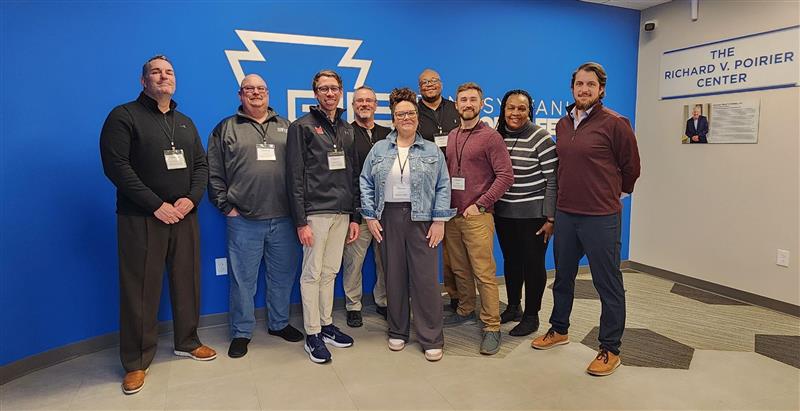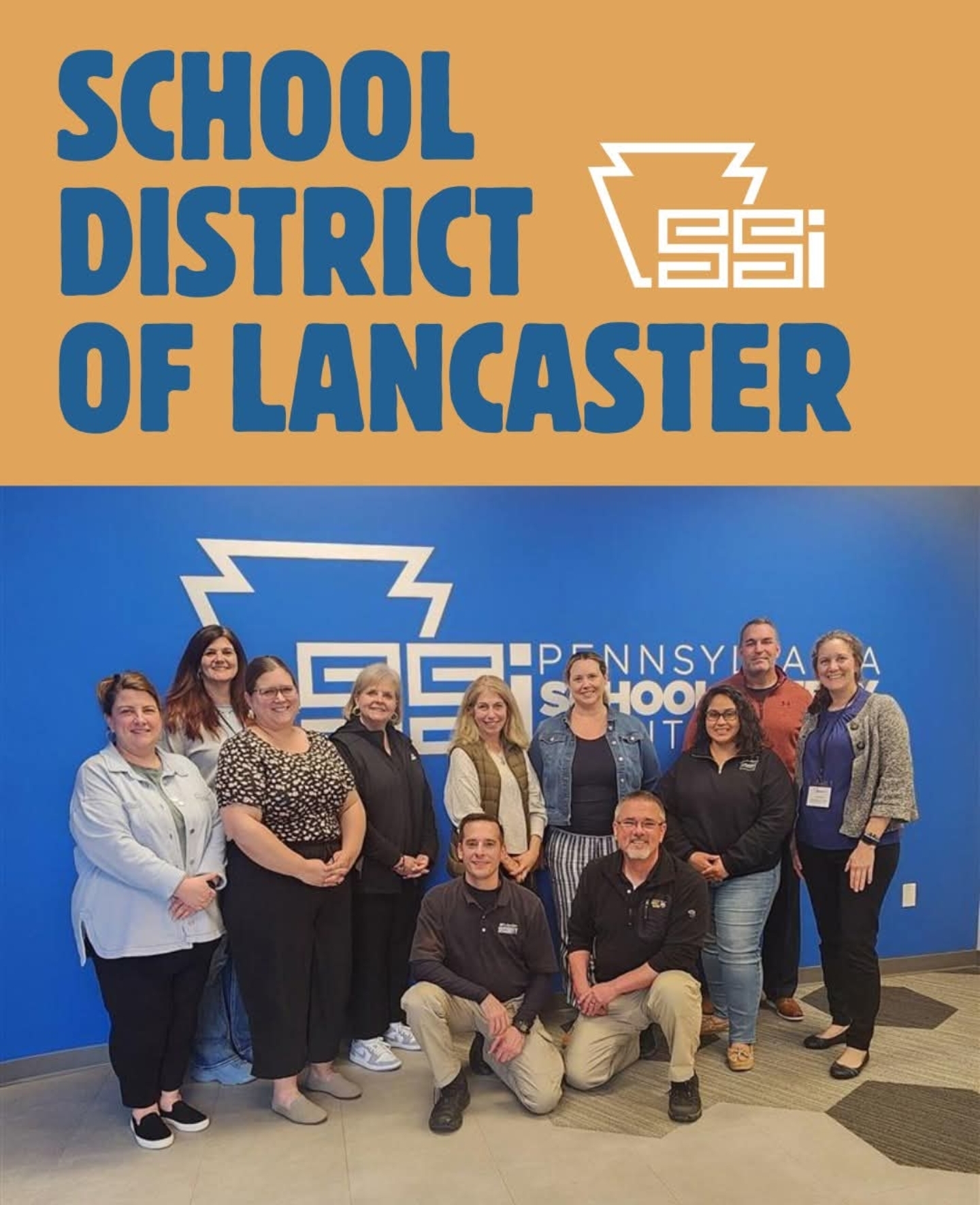
In today’s world, ensuring the safety of our students and staff is not just a responsibility, it’s a moral imperative. That’s why, on two separate occasions this year, February 25 and April 4, 2025, a diverse group of School District of Lancaster employees stepped away from their daily roles and into a rigorous, hands-on training at the Pennsylvania School Safety Institute.
The Institute, located in Mechanicsburg, is a cutting-edge simulation center designed to immerse educators and school staff in real-life crisis scenarios. From active threat response to behavioral threat assessment, participants are challenged to think critically, act quickly, and lead confidently in the face of high-stress situations.
For the School District of Lancaster, this training is about commitment. Teachers, principals, custodians, counselors, and district leaders all participated, united by a shared goal: to be ready for the unthinkable, and to protect what matters most, our students.
Dr. John Black, Assistant Principal at E.R. Martin Middle School, described the experience as “one of the best professional trainings I have ever attended. The scenarios brought the trainings to life.” His reflection captures the power of experiential learning in a way that textbooks simply can’t match.

Dr. April Hershey, Assistant Superintendent, echoed this sentiment, calling the training “a challenging but invaluable experience.” Her words reflect both the intensity of the simulations and the vital importance of preparing staff for every possibility.
These experiences are not easy. They are not comfortable. But they are necessary. Because when it comes to school safety, preparation is our greatest ally.
The School District of Lancaster is invest in these opportunities because we believe school safety is everyone’s responsibility. When staff from all areas of the district come together to train, learn, and prepare, it strengthens our ability to care for our students, not just in the classroom, but in every situation they might face, every decision made in these controlled environments could one day make a real difference.
